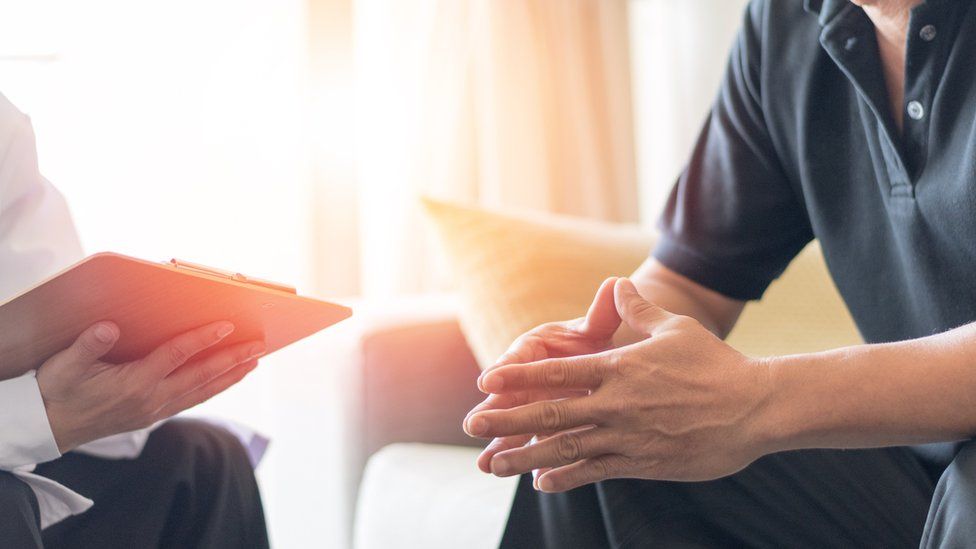-
 Mail us
Mail usmyhealthhospital2021@gmail.com
-
 Toll Free
Toll Free+91 9111674111
- Book Appointment
GI and Laparoscopic
Gallbladder stones, also known as gallstones, are solid deposits that form in the gallbladder, a small organ located beneath the liver. These stones can vary in size and composition, often consisting of cholesterol or bilirubin. They can cause symptoms such as abdominal pain, nausea, and vomiting. Treatment options for gallbladder stones include surgical removal of the gallbladder (cholecystectomy), medication to dissolve the stones, or procedures like lithotripsy to break them up. Treatment depends on the severity of symptoms and individual circumstances.
The exact cause of gallbladder stone formation is not fully understood, but several factors contribute to their development. The primary causes of gallbladder stones include:
It's important to note that these factors increase the likelihood of developing gallstones, but not everyone with these risk factors will necessarily develop them.

Gallbladder stones can cause a range of symptoms, although some people may experience no symptoms at all. Common symptoms of gallbladder stones include:
It's important to note that these symptoms can also be indicative of other conditions, so it's crucial to consult a healthcare professional for an accurate diagnosis.

To investigate and diagnose gallbladder stones, several tests and procedures can be conducted. These include:
These investigations help determine the presence, location, and severity of gallbladder stones, aiding in the diagnosis and guiding appropriate treatment decisions.

The treatment options for gallbladder stones depend on the severity of symptoms and individual circumstances. The main treatment options include:
The choice of treatment depends on factors such as the size and composition of the stones, the severity of symptoms, the presence of complications, and the patient's overall health. It is important to consult with a healthcare professional to determine the most appropriate treatment approach for gallbladder stones.

While it is not always possible to prevent gallbladder stone formation, certain lifestyle modifications may help reduce the risk. Maintaining a healthy weight, following a balanced diet low in saturated fats and cholesterol, and engaging in regular physical activity can be beneficial. It is also important to avoid rapid weight loss or crash diets, as these can increase the risk of stone formation.
No, not all gallbladder stones cause symptoms. Some people may have gallstones without experiencing any noticeable symptoms. These "silent" stones are often discovered incidentally during medical imaging for unrelated conditions. However, even asymptomatic stones can lead to complications in some cases, so it is important to monitor their presence and consult a healthcare professional for guidance.
While some alternative or natural remedies are claimed to dissolve gallstones, there is limited scientific evidence to support their effectiveness. It is important to approach such remedies with caution and consult with a healthcare professional before trying any alternative treatments. It is generally recommended to follow evidence-based medical treatments, such as surgery or medication, for the management of symptomatic gallbladder stones.
If you cannot find answers to your queries, please fill out the ENQUIRY form or call the number below. We will contact you shortly
+91 9111674111